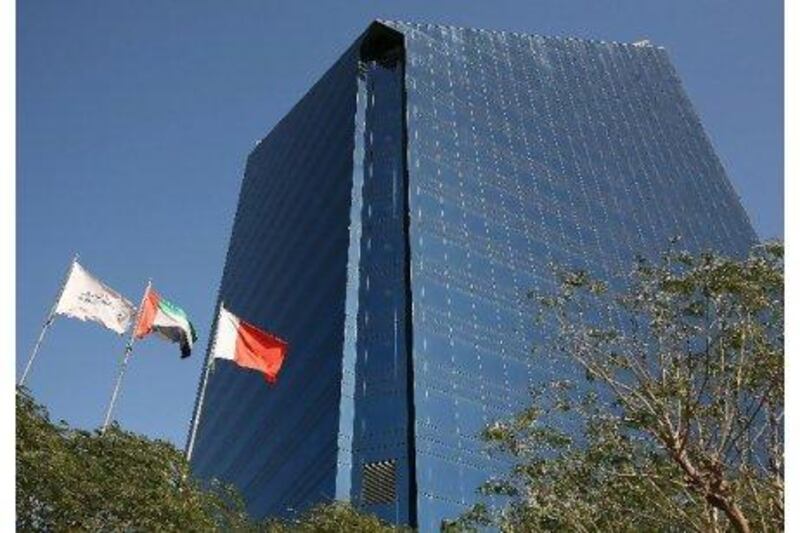DUBAI // Construction regulations designed to protect the environment will not be enforced for almost three years, in a bid to stimulate building work in the city.
Measures introduced in January aiming to reduce water and electricity use, among other environmental concerns, will now not come into force until January 2014.
"The Government does not want any additional costs to building owners and investors," Yousef Jebril, the executive vice president of power and water planning at Dubai Electricity and Water Authority (Dewa), toldthe Dubai Global Energy Forum at the conclusion of the three-day event at the city's World Trade Centre.
Dewa has been working with Dubai Municipality and international consultants to draft the emirate's green building guidelines since 2008.
Environmentalists reacted with dismay to the Dubai Municipality announcement, calling for the implementation of the regulations as a matter of urgency.
Habiba al Marashi, the founder and chairwoman of the Emirates Environmental Group, said the Government must do more to make the adoption of the guidelines a priority for developers.
"I would like to see an incentive scheme put in place for those companies who implement the regulations now," she said. "In this way, the leaders will be recognised and encouraged."
Mrs al Marashi, who is also a founding member of the Emirates Green Building Council, said she supported voluntary adoption by construction companies. "If you make it mandatory before people have understood it, they will find ways to go around it," she said.
Mrs al Marashi said three years would be enough time for developers and the construction industry to prepare for the changes.
One of the most important changes under the new rules will be a mandate for electricity and water meters for every unit of each building. Currently, the usage of these utilities is calculated by building, based on each unit's size.
Mr Jebril said he feared that people who use fewer resources would in effect be penalised, while those who use too much are at an advantage.
"This is not fair," he said. "It encourages waste."
Also by 2014, all new buildings will be required to have meters for chilled water provided by district cooling plants.
Based on air-conditioning use, individual metering can produce savings of between 20 and 40 per cent, said George Berbari, the chief executive of DC Pro, an engineering company specialising the heating, ventilation, air-conditioning and district cooling. Air conditioning accounts for the bulk of energy consumption in buildings.
Overall, regulators hope the new measuring system will reduce the energy demand in buildings by 20 per cent, and the demand for water by 15 per cent, said Mr Jebril. This could be achieved without sacrificing comfort in the units, he said.
Currently, the average energy requirements of local buildings may vary between 250 and 300 kilowatt hours per square metre per year.
But in the Deira headquarters of the Dubai Chamber of Commerce, a combination of investments in new efficient technologies and better operations and maintenance has brought demand down to 99 kWh per sq metre per year.
Buildings in Dubai consume 80 per cent of the electricity and 90 per cent of the water produced in the emirate, said Mr Jebril.
Demand for electricity doubled between 1999 and last year to reach 33.7 terawatt hours. Demand for water increased by 130 per cent, reaching 375 billion litres last year.
Between 2011 and 2021, electricity demand is expected to increase by 90 per cent, while water demand is expected to rise by 50 per cent.
Consumption in buildings is blamed for making the UAE one of the most energy-intensive countries in the world.
Dubai resident use an average 15,000 kWh per year, similar to the rate in other emirates, while UK residents use onl y a third of that, said Mr Jebril.
vtodorova@thenational.ae
Green code on hold to boost building
Dubai Municipality will not enforce green building regulations for three years, to encourage construction activity.

Editor's picks
More from the national





